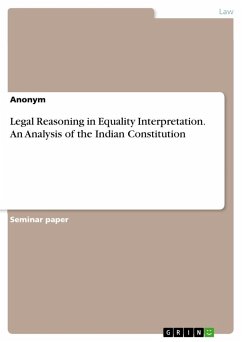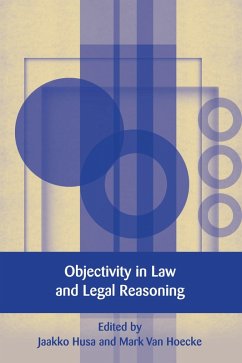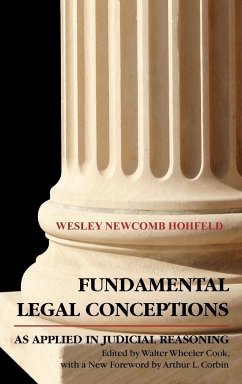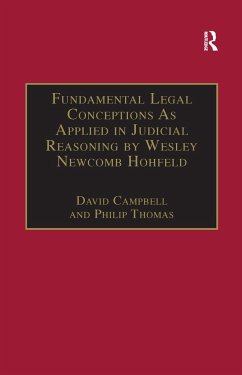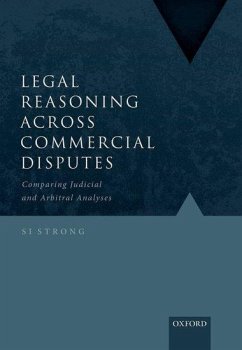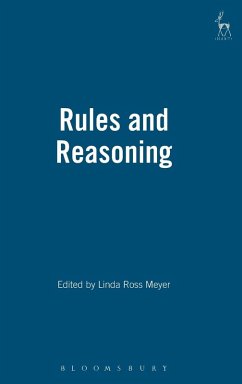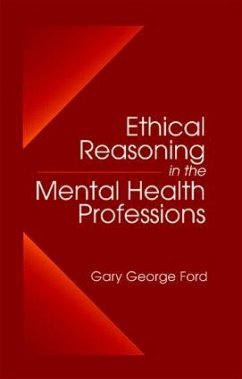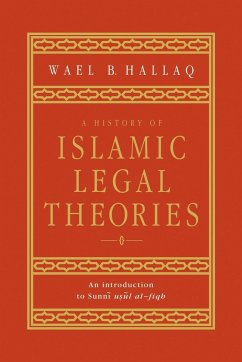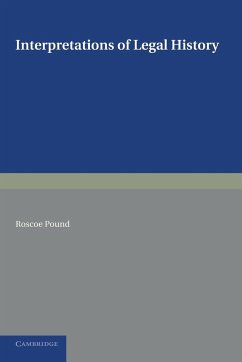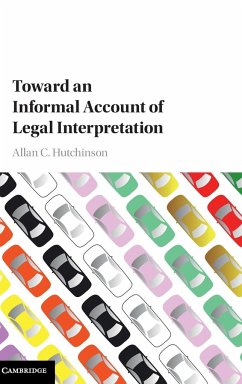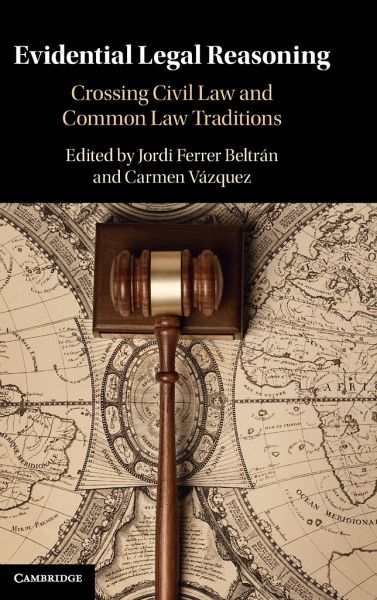
Evidential Legal Reasoning
Versandkostenfrei!
Versandfertig in 1-2 Wochen
102,99 €
inkl. MwSt.
Weitere Ausgaben:

PAYBACK Punkte
51 °P sammeln!
"The First World Congress on Evidential Legal Reasoning, organised by the Legal Culture Chair of the University of Girona, was held between June 6 and 8, 2018. The Congress was attended by 350 participants and featured 18 speakers from four continents. The three days of formal and informal presentations and discussions yielded excellent results, strengthening the interrelation between the legal communities and specialists of different traditions. The 18 papers from the Congress, reviewed by their authors based on the discussions and the suggestions made at the Congress, have been compiled in t...
"The First World Congress on Evidential Legal Reasoning, organised by the Legal Culture Chair of the University of Girona, was held between June 6 and 8, 2018. The Congress was attended by 350 participants and featured 18 speakers from four continents. The three days of formal and informal presentations and discussions yielded excellent results, strengthening the interrelation between the legal communities and specialists of different traditions. The 18 papers from the Congress, reviewed by their authors based on the discussions and the suggestions made at the Congress, have been compiled in this book"--





